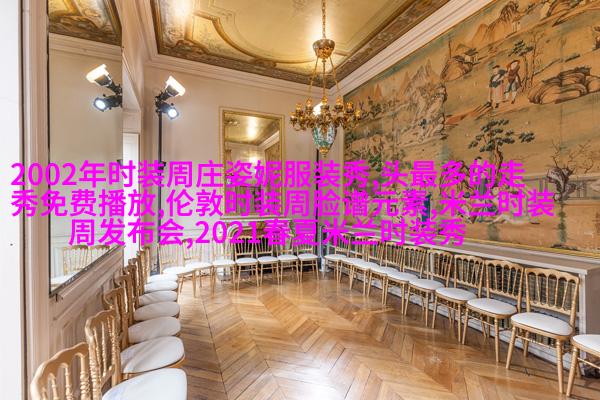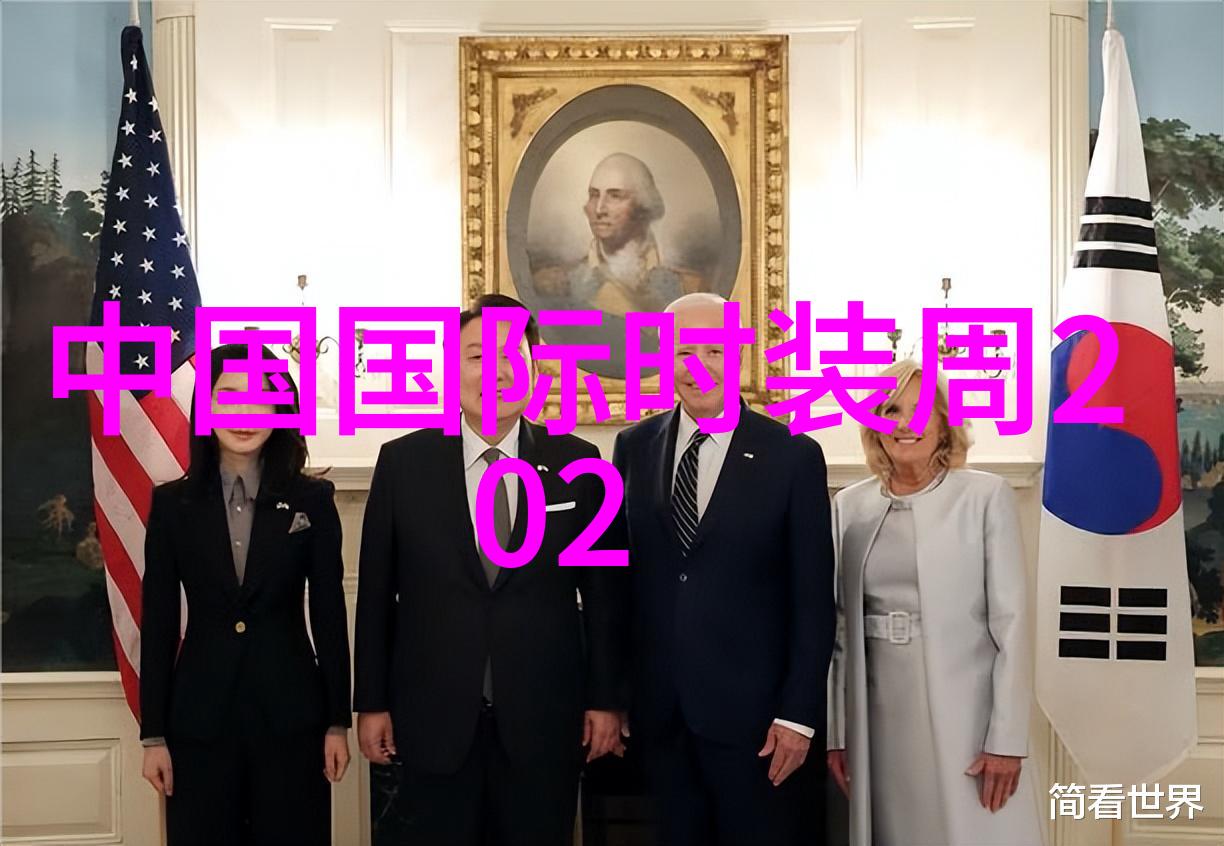THE BIRTH OF VINTAGE ENGLISH

In the early 20th century, English language underwent a significant transformation that would eventually give rise to "复古风英文" or vintage English as we know it today. This period saw the emergence of a more sophisticated and refined style of writing and speaking, characterized by complex vocabulary, intricate grammar structures, and ornate sentence constructions.
INFLUENCES ON VINTAGE ENGLISH

The evolution of vintage English was influenced by various factors such as literature from the Romantic era, poetry from the Victorian era, and even elements of Latin and Greek languages. These influences helped shape a unique linguistic identity that is distinct from modern English.
CHARACTERISTICS OF VINTAGE ENGLISH

One of the defining features of vintage English is its use of antiquated words and phrases which have since fallen out of common usage in contemporary English. Words like "whence," "thou," "thee," and "verily" are just a few examples that evoke an air of nostalgia for past times.
RESTORATION AND REVIVAL EFFORTS

Despite its decline in popularity over time, there has been growing interest in restoring vintage English to its former glory through various initiatives such as literary revivals, language courses on historical dialects, cultural events celebrating classic literature, etc.
APPLICATIONS IN MODERN TIMES

While vintage English may not be commonly used in everyday conversation today due to its complexity and perceived formality relative to modern spoken dialects like American or British slang; however it still finds application in certain contexts such as academic writings (especially those related to history), creative works (poetry & fiction), formal speeches or presentations where emphasizing elegance & sophistication is important.
PRESERVING CULTURAL HERITAGE THROUGH LANGUAGE
As with any aspect culture's heritage whether it be music art architecture fashion - preserving language is essential part maintaining our shared history & understanding who we are today while keeping doors open for future generations who can learn appreciate these timeless treasures without losing their relevance contemporary society




